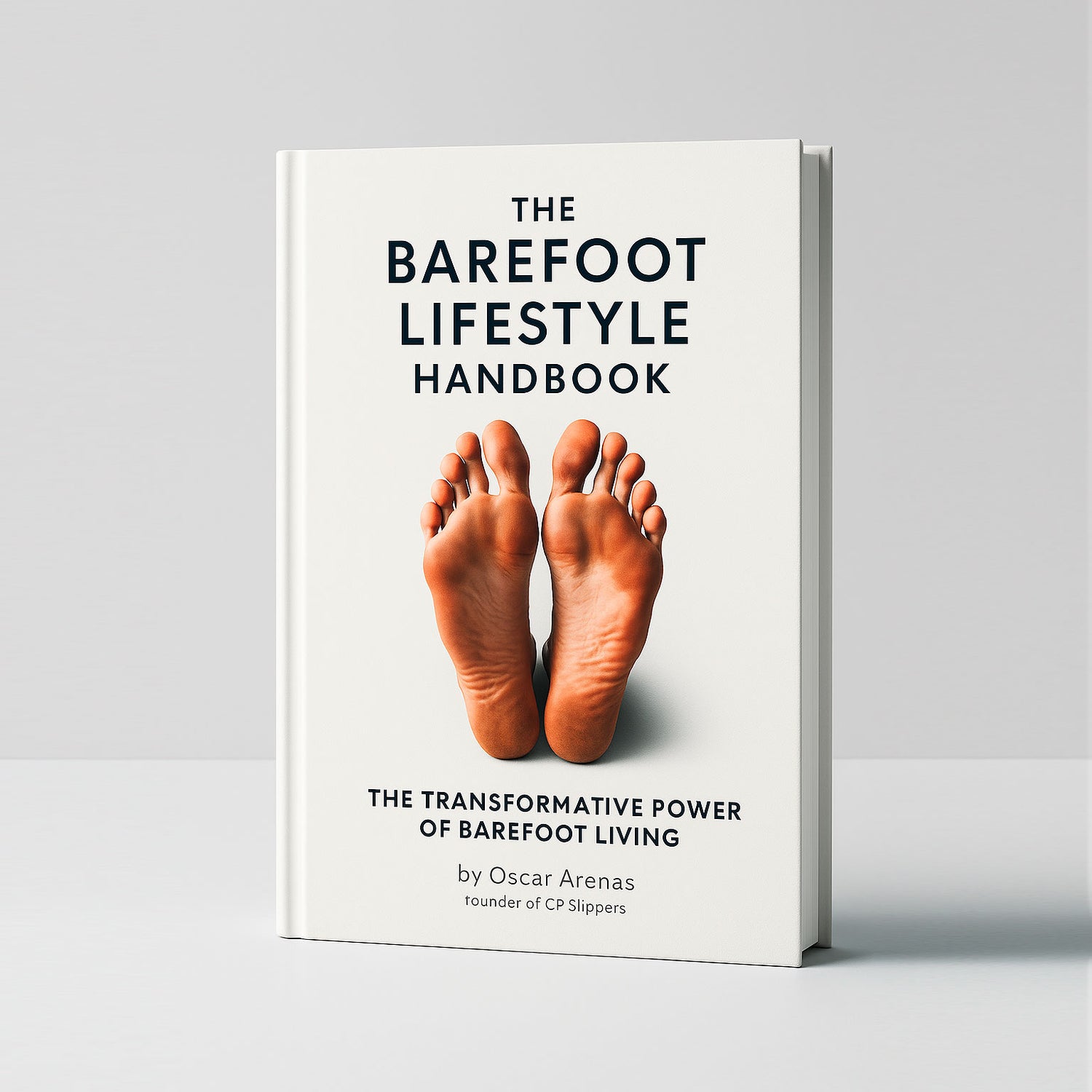Exploring the historical and cultural significance of being barefoot.
Rediscovering our natural connection
Walking barefoot means walking with focus. Choosing to go barefoot could seem like a little revolt in a society where shoes have evolved from a sign of prestige, fashion, and usefulness. Underneath this basic deed, though, is a deeper, more significant concept that inspires us to reestablish connection with our bodies, the planet, and a manner of life that seems more honest, more human.
A step back in time
People coexisted peacefully with the ground underfoot long before contemporary shoes became the standard. From Greek thinkers to prehistoric societies, being barefoot was about connection rather than only survival. Our feet made contact with sand, stone, and dirt, which let us tune in to the rhythms of nature. Walking barefoot showed humility, cleanliness, and respect for the Earth in many ancient customs. It anchored us, rather literally, to something more than ourselves.
The cultural meaning of barefoot traditions
Barefoot traditions have immense cultural and spiritual meaning all around. Eliminating one's shoes before visiting a holy site expresses respect and humility in many Eastern societies. Walking barefoot is a ceremonial action in various Indigenous traditions meant to respect the ground and its spirits. These customs remind us that barefoot life is a profoundly ingrained aspect of the human experience, not a passing fad.
The modern disconnection
Most of us now spend our lives in shoes, often without even thinking about it. Though they shield us from the elements, padded soles, stiff arches, and thick insoles also help us to distance ourselves from the ground underneath. We have exchanged convenience for comfort and, in the process, disconnected from something basic. The barefoot approach asks us to stop and challenge accepted wisdom. When do we practically and metaphorically remove the layers and let ourselves feel once more?
Grounding: More than just a feeling
Science is beginning to recognize the actual advantages of walking barefoot, something our ancestors may have intuitively understood. Grounding, sometimes known as "earthing," is the direct touch between our skin and the ground. Research indicates that this relationship can lower inflammation, enhance sleep, ease stress, and even help the body to realign its natural rhythms. The Earth has a faint electrical charge; when we walk barefoot, our bodies react—often powerfully.
A philosophy for body, mind, and planet
Adopting a barefoot lifestyle is an attitude rather than only about comfort or health. It inspires us to slow down, live more deliberately, and value the richness of the here-and-now moment. It forces us to reevaluate our decisions, cut our dependence on consumer goods, and ponder what it really means to live in balance with our environment. Going barefoot is not always easy; societal conventions, safety, and contemporary surroundings can complicate things. However, for many, the benefits are well worth it.
Getting back to simple pleasure
Walking barefoot across grass, sand, or soft ground is definitely pleasurable. It transports us to infancy, to freedom, to a period when our priorities were not so much performance, image, or output. The barefoot philosophy invites one to return, not to the past but to a more real present.
Final consideration
Choosing to go barefoot is a decision about how we wish to live our lives, not only about shoes. It's a quiet revolt, a personal revolution, and a first step toward a more deliberate, grounded life.






